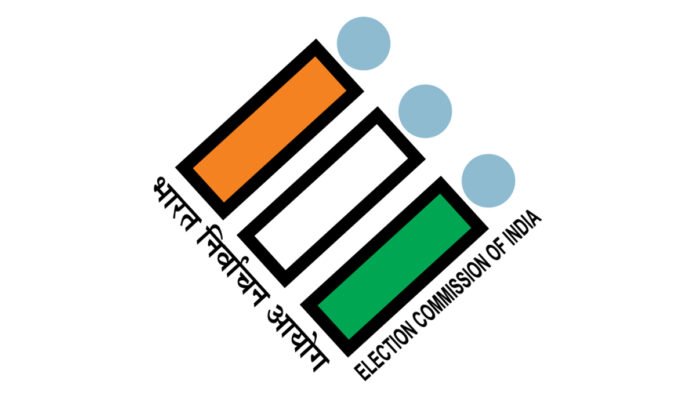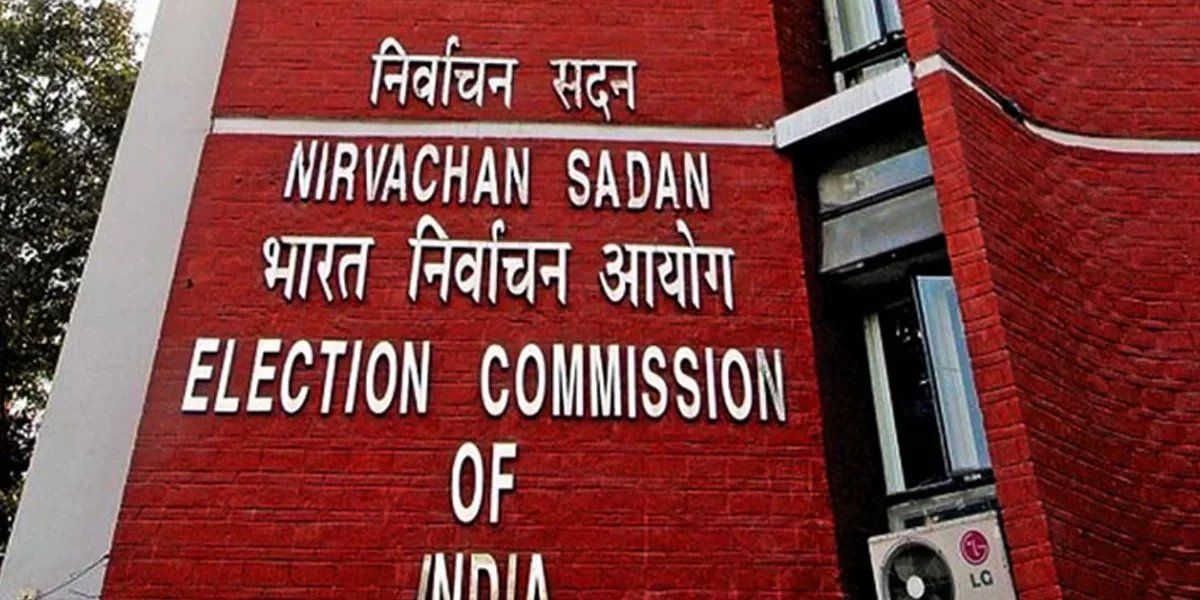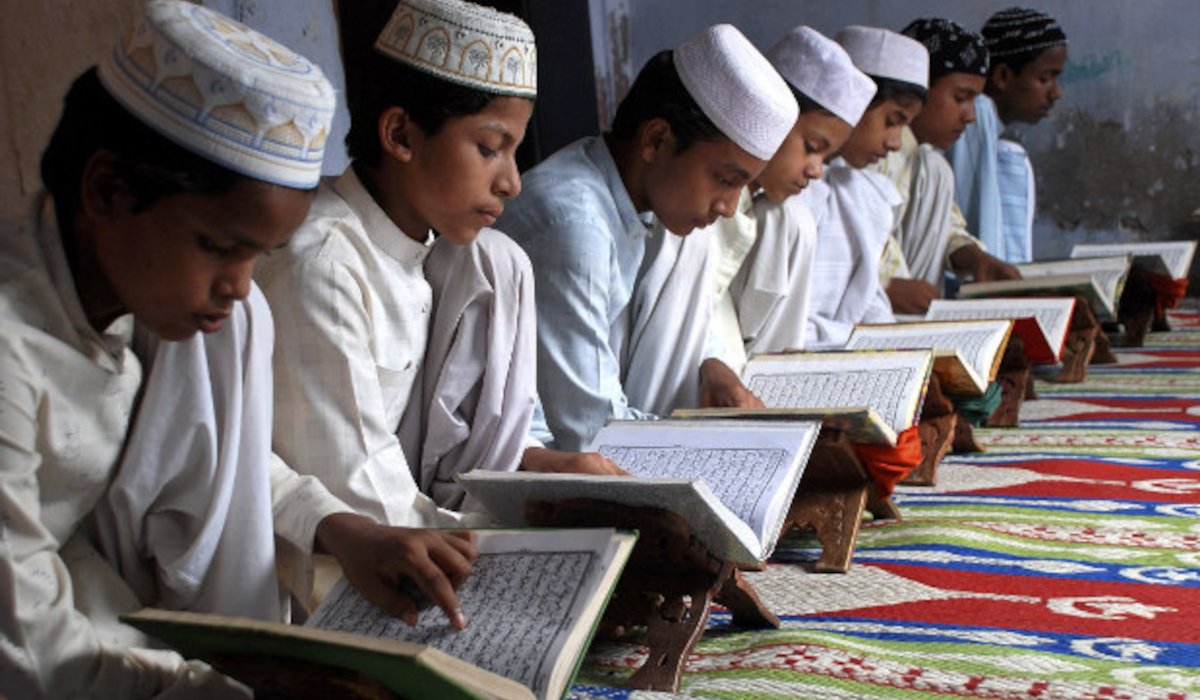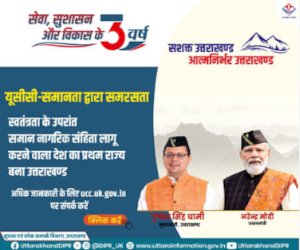The Election Commission of India has announced plans to conduct a Special Intensive Revision (SIR) of voter rolls across the country to ensure greater accuracy and transparency in the electoral process. The large-scale exercise will cover all states and union territories and aims to remove duplicate and ineligible entries while ensuring no eligible voter is excluded.
Chief Election Commissioner Gyanesh Kumar said that the Commission is in the final stages of preparing for the nationwide drive, which will include door-to-door verification, data correction, and the rationalisation of polling stations. Officials will soon announce the detailed schedule for the exercise, expected to be implemented before the 2026 election cycle.
The decision comes after the successful completion of a similar drive in Bihar, where more than 69 lakh names were deleted from the rolls due to duplication, migration and death. Following that revision, the final number of registered voters in the state stands at approximately 7.43 crore. The Bihar model, which ensured transparency through digital voter lists and local monitoring, will serve as a template for the national rollout.
Under the upcoming revision, Booth Level Officers (BLOs) will carry out house-to-house enumeration to verify voters’ identities and supporting documents. Draft rolls will then be published, allowing a period for claims and objections before the final voter lists are prepared. States have also been instructed to maintain uniform standards in voter registration, improve accessibility and reduce overcrowding at polling stations.
The Election Commission has directed Chief Electoral Officers across all states to hold preparatory meetings and coordinate with district administrations to streamline logistics. The focus will be on digitising data, linking Aadhaar numbers with voter IDs where applicable, and removing inconsistencies between electoral records and government databases.
Officials said that the initiative reflects the Commission’s commitment to maintaining the integrity of the electoral system and to making voter lists both inclusive and error-free. The SIR will also ensure that newly eligible voters, particularly those who have turned 18, are automatically included through active enrolment drives and campus registration programmes.
Training sessions will be conducted for BLOs and electoral staff to ensure standard procedures are followed during verification. Public awareness campaigns will also be launched to encourage citizens to check their enrolment status and report discrepancies.
Observers have noted that the pan-India revision presents significant logistical challenges, given the scale of India’s electorate. However, officials believe that lessons from recent exercises in Bihar and other states will help ensure a smooth and transparent process.
The revision drive is expected to begin later this year and continue for several months. Once completed, the Election Commission will publish state-wise data, highlighting enrolment improvements and deletions carried out during the verification phase.
The nationwide revision marks an important step in the Commission’s broader electoral reforms, which focus on digital transparency, voter inclusion, and improved polling accessibility. With nearly 95 crore registered voters across India, the initiative underscores the Commission’s effort to strengthen one of the world’s largest democratic systems.



























